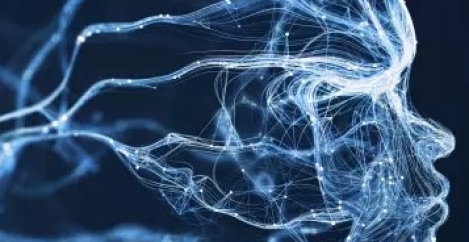December 10, 2021
Artificial Intelligence to guide organisations through new challenges
 The World Economic Forum published the “Human-Centred AI for Human Resources: A Toolkit for Human Resources Professionals” to scale the responsible use of artificial intelligence in Human Resources (HR). The toolkit includes a guide covering key topics and steps in the responsible use of AI-based HR tools, and two checklists – one focused on strategic planning and the other on the adoption of a specific tool.
The World Economic Forum published the “Human-Centred AI for Human Resources: A Toolkit for Human Resources Professionals” to scale the responsible use of artificial intelligence in Human Resources (HR). The toolkit includes a guide covering key topics and steps in the responsible use of AI-based HR tools, and two checklists – one focused on strategic planning and the other on the adoption of a specific tool.
There are now 250 HR tools that use AI, according to the paper. These tools aim to manage talent in ways that are more effective, fair, and efficient.
However, the use of AI in HR raises concerns given AI’s potential for problems in areas such as data privacy and bias. The use of AI in HR also poses operational, reputational, and legal risks to organisations, especially with recent moves in several countries to regulate its use. There is therefore high interest in AI in HR but also apprehension, and organisations are looking to navigate this increasingly complex landscape.
To help organisations overcome these challenges, the World Economic Forum brought together over 50 experts in HR, data science, employment law, and ethics to create a practical toolkit for the responsible use of artificial intelligence in this field.
“The use of AI in Human Resources is becoming prolific and yet it can be riddled with ethical AI problems such as bias. For this and other reasons the EU has named it a high-risk use of AI. This multi-stakeholder work helps all users to take the right decisions when using these tools,” said Kay Firth-Butterfield, Head of AI and Machine Learning at the World Economic Forum.
[perfectpullquote align=”right” bordertop=”false” cite=”” link=”” color=”” class=”” size=””] “The use of AI in Human Resources is becoming prolific and yet it can be riddled with ethical AI problems such as bias” [/perfectpullquote]
The toolkit contents were reviewed by over 300 HR professionals in private, public, and civil society organisations through focus groups, workshops, and in-depth pilots.
“As large companies innovate with a growing variety of technological tools related to talent and people strategy, questions abound as to how to ensure that technology is used responsibly and effectively. The Human-Centred AI for HR Toolkit is a practical guide to the responsible use of AI in HR that we hope will assist HR professionals to properly assess AI tools, improve diversity and inclusion outcomes, and support ethical AI practices for their organisations,” said Ani Huang, Senior Vice President of the HR Policy Association.
“As the workplace continues to evolve, HR professionals must embrace technologies, like AI, to better understand employee and business challenges and recommend evidence-based solutions. This toolkit will be helpful for HR professionals in making better informed decisions when using AI in Human Resources,” said Alexander Alonso, Chief Knowledge Officer for the Society for Human Resource Management.
Özgür Burak Akkol, Chairman of the Board at the Turkish Employers’ Association of Metal Industries (MESS) said “artificial intelligence can provide the best outcome once it’s designed in a human-centered approach. The research that we initiated in Turkey showed that the HR department is not yet equipped with the required capabilities to manage the future of the workforce and cultivate the culture for the 4th Industrial Revolution. Two workshops and pilots that reached more than 250 companies HR heads proves that the designed toolkit is very effective in providing the key considerations for the use of AI for HR and support the cultural transformation for the 4th Industrial Revolution.”













